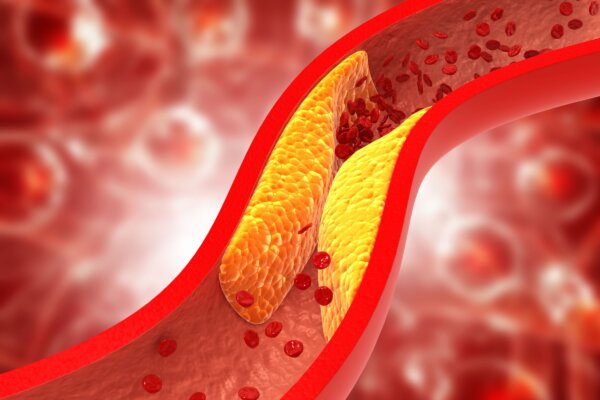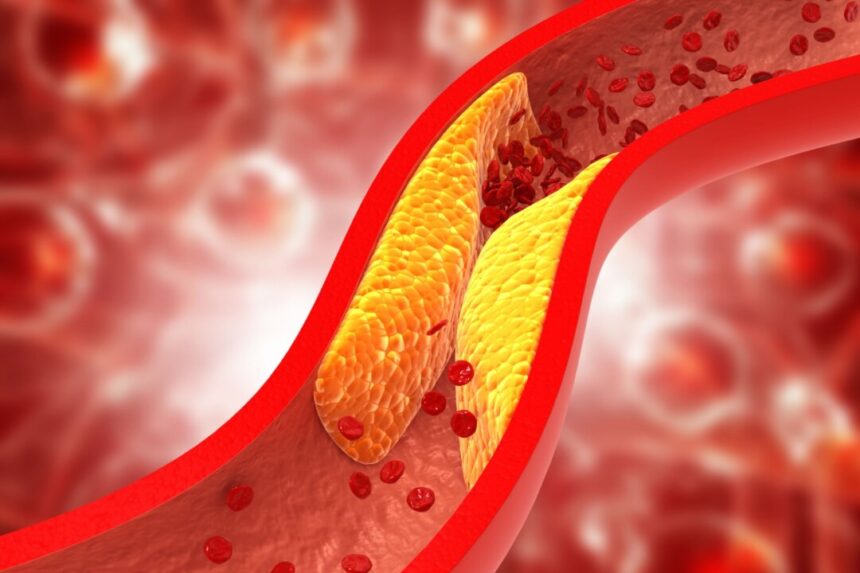
Cholesterol reduction has been a major focus of modern medicine, with strokes and heart attacks being closely linked to cholesterol levels. However, some doctors, like neuroscientist and biochemical researcher Dayan Goodenowe, believe that cholesterol may not be as deadly as we have been led to believe.
Cholesterol is an essential component of our health, playing a vital role in hormone production, tissue repair, and membrane structure. High-density lipoprotein (HDL), often referred to as “good cholesterol,” has been shown to lower the risk of heart disease and stroke.
The prevailing wisdom in modern medicine suggests that higher total cholesterol levels increase the risk of stroke and heart disease. However, Goodenowe challenges this belief, pointing to oxidative stress as the root cause of heart disease rather than cholesterol itself.
While statins are commonly prescribed to lower cholesterol levels, Goodenowe points to studies showing that cholesterol levels that are too low can also indicate health problems. Research has found that the optimal level of total cholesterol for the lowest mortality rates is between 210 and 249 milligrams per deciliter, higher than what many doctors consider ideal.
The rise of statins as a cholesterol-lowering medication has been a significant development in modern medicine. Statins work by blocking an enzyme in the liver that reduces the body’s ability to produce cholesterol. While many health experts believe in the benefits of statins in reducing the risk of heart attacks and strokes, Goodenowe argues that the benefits of statins are not as clear-cut as they may seem. He asserts that the initial support for statin drugs was primarily based on a study that demonstrated the benefits of lowering cholesterol in individuals with active cardiovascular disease. This study was then broadly applied to the general population, implying that lowering cholesterol could lead to improved health outcomes for everyone.
Mr. Goodenowe highlights that the success of statins over the past four decades may be more attributed to manipulation rather than actual effectiveness. He explains that studies on all-cause mortality have shown that individuals with cholesterol levels between 210 and 250 tend to have better health outcomes. However, when individuals with higher cholesterol levels are put on statins to lower their cholesterol to 150 and compared to those with naturally lower cholesterol levels, the former group consistently shows lower mortality rates and improved cardiovascular health.
Furthermore, statins have been associated with potential harm, such as mitochondrial inhibition, which can impact cellular energy production and result in health issues like diabetes and dementia. Common side effects of statins include headaches, muscle pain, fatigue, and digestive problems.
To mitigate the negative effects of statins, Mr. Goodenowe recommends supplements like Coenzyme Q10, B-vitamins, N-acetyl-cysteine, and acetyl L-carnitine. These supplements are believed to counteract the adverse effects of statins on the body.
In addition to lowering cholesterol levels, statins can also reduce triglycerides, another lipid associated with heart disease. However, Mr. Goodenowe suggests natural methods like time-restricted eating and resistance training to lower triglyceride levels without the use of statins.
Ultimately, Mr. Goodenowe emphasizes the importance of not demonizing cholesterol, as it plays vital roles in the body and serves as an indicator of good health. He suggests that optimal cholesterol levels are essential for overall health, vitality, and survival, and deviations from these levels may indicate underlying stressors on the body. Please rewrite the following sentence:
“I am going to the store to buy some groceries.”
Source link





